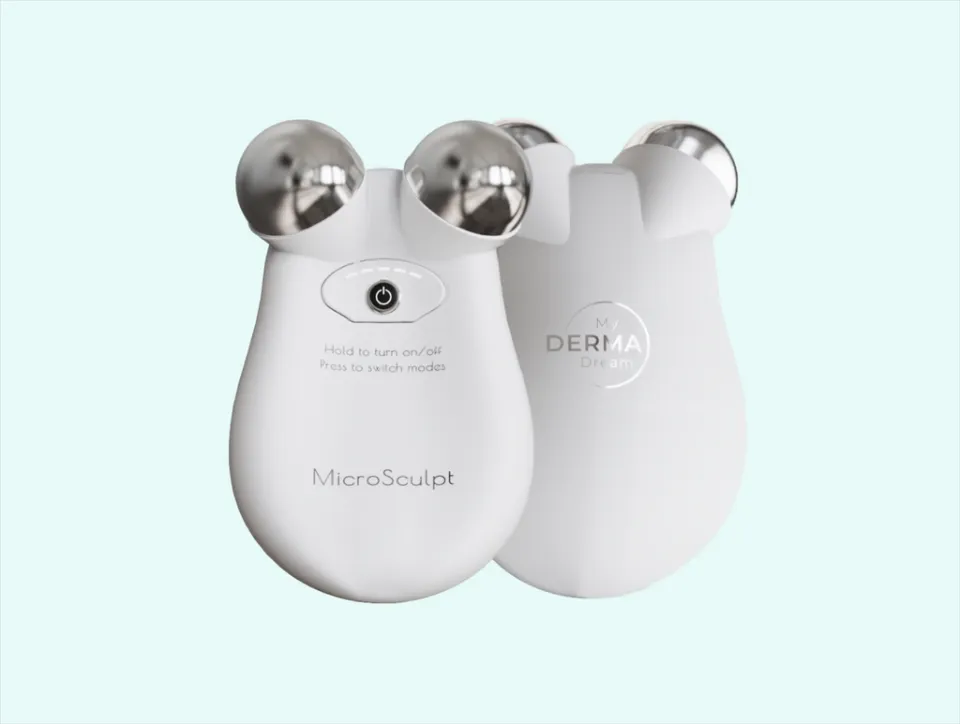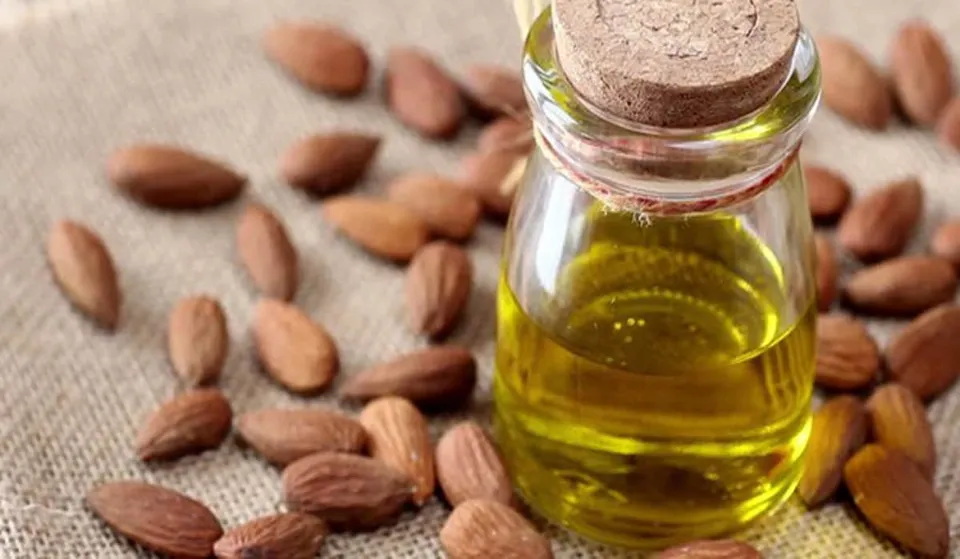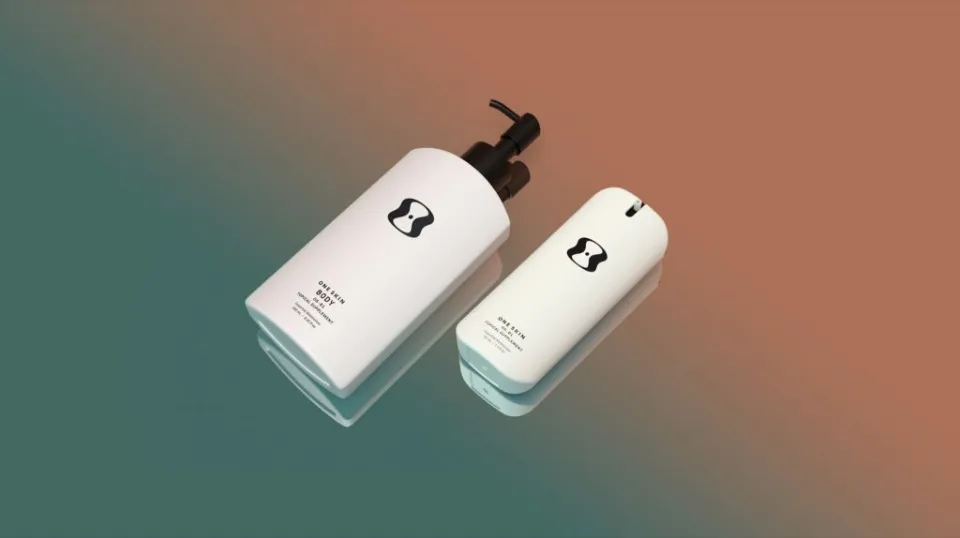Wondering what is dry body oil? Any oil that your skin absorbs quickly can be referred to as a dry oil. On the other hand, oils that leave a residue on your skin are frequently referred to as wet oils.
Most dry oils are made from vegetables, herbs, or seeds that contain polyunsaturated fatty acids, such as linoleic acid.
We’ll examine the potential advantages of these oils in this article, as well as the circumstances in which using them might be preferable to using a wet oil.
What is Dry Body Oil?
The term dry oil actually refers to the feeling the oil leaves on your skin once you have applied it. So an oil that absorbs into the skin without leaving an oily film on the surface is considered dry oil.
An oil that feels heavier on your skin, takes longer to absorb, and you can feel lingering on your skin is referred to as a wet oil and is the opposite of a dry oil.
Read More:
What Are the Benefits of Using a Dry Oil for Skin?
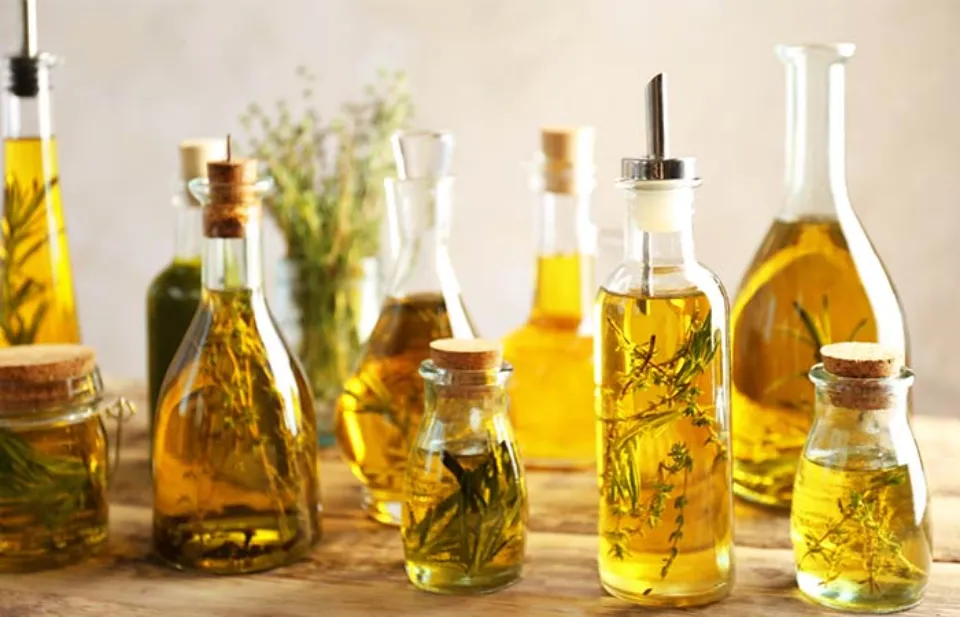
Dry oils offer the same moisturizing benefits as wet oils, without leaving a sticky residue on your skin or hair.
Due to their quick skin absorption after application, dry oils are popular among consumers.
Some potential benefits of a dry oil include:
- Dry oils moisturize skin & lock in the hydration
- Dry oils are lightweight and quickly absorbed
- Dry oils do not leave any greasy or uncomfortable oily residue on your skin
- Dry oils are fantastic for oily or acne prone skin
- Dry oils can help to soften the skin
- Dry oils are particularly soothing and less likely to cause irritation or breakouts
How to Use Dry Oil for Body?
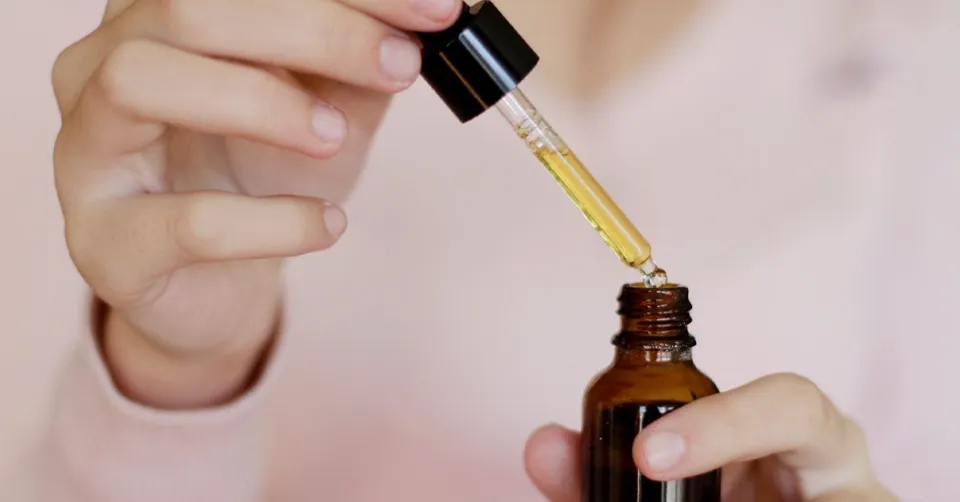
Consider your options and experiment if you’re interested in incorporating more oils into your life. For all skin types and objectives, there isn’t a single oil protocol that works.
Dry oils are great because they frequently function well in a variety of contexts, so experiment away.
Here is how to use dry oil on skin.
- Warm up a few drops of oil in your hands before applying it to your face as the final step in your skin care regimen. If your skin becomes too dry, apply a moisturizer over it first. If your skin is sufficiently hydrated, apply the oil by itself. As no serums or creams can penetrate the occlusive oil, just make sure it’s the final step of your routine.
- Also excellent as body oils are dry oils. Apply a few drops of oil to your skin and massage it in after getting out of the shower. As oils cannot trap water if there is no water underneath to trap, make sure your skin is still slightly damp.
- They are also excellent for applications for a soft glow while on the go due to the lighter texture. Add a dry oil to your body care routine as a finishing touch if you want to flaunt lustrous, healthy limbs and legs.
Read More: How To Use Body Oil?
Dry Oil Cautions
Dry oils in and of themselves don’t have any concerns, however, you may personally be sensitive or allergic to individual ingredients in a beauty product.
Because of this, it’s always crucial to read the ingredient label and conduct a patch test on products before using them, particularly if you are aware that your skin is extremely sensitive or that you have certain known allergens.
Final Words: What is Dry Body Oil
The term “dry oil” refers to any oil that dries quickly on your skin.
Most dry oils come from herbs, vegetables, or seeds. There are many that may moisturize your skin or hair without leaving the greasy residue that wet oils frequently do.
Just keep in mind: Before using any new skin care product all over your body, it’s best to test it out on a small patch of skin first and wait 24 hours to see if you’re allergic.
You Might Also Like: How to Make Shimmer Body Oil?
FAQs
What is the Difference Between Body Oil and Dry Body Oil?
Compared to body oil, dry body oil is much lighter and absorbs quickly.
Which Oil is Good for Dry Body?
Research has shown that almond oil, coconut oil, sunflower oil, argan oil, and others are best for dry skin and conditions.
Is Jojoba Oil a Dry Oil?
Yes, Jojoba is a dry oil.


